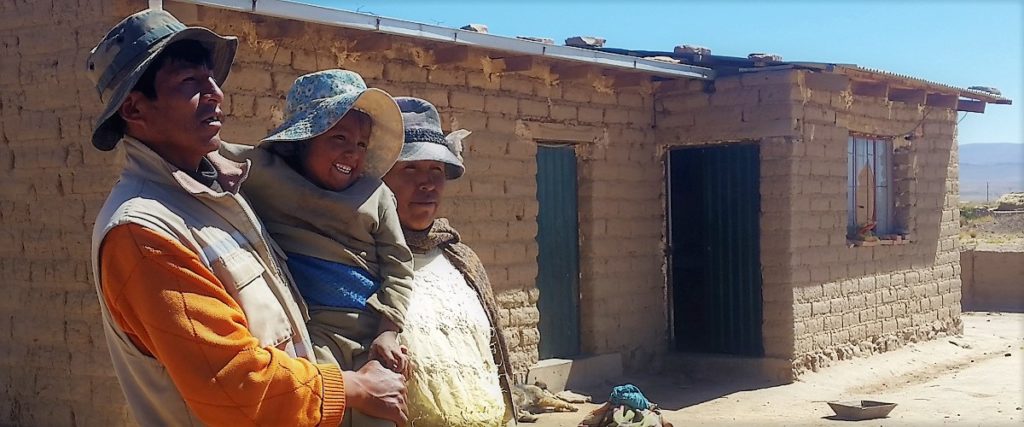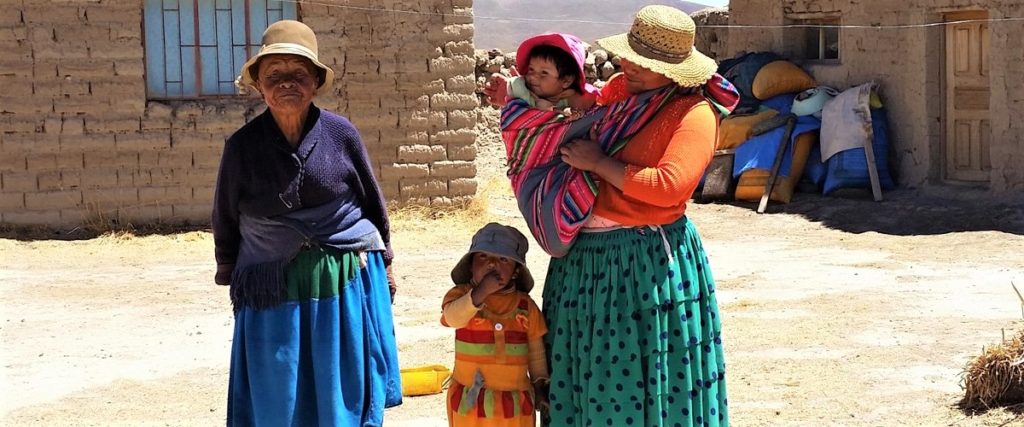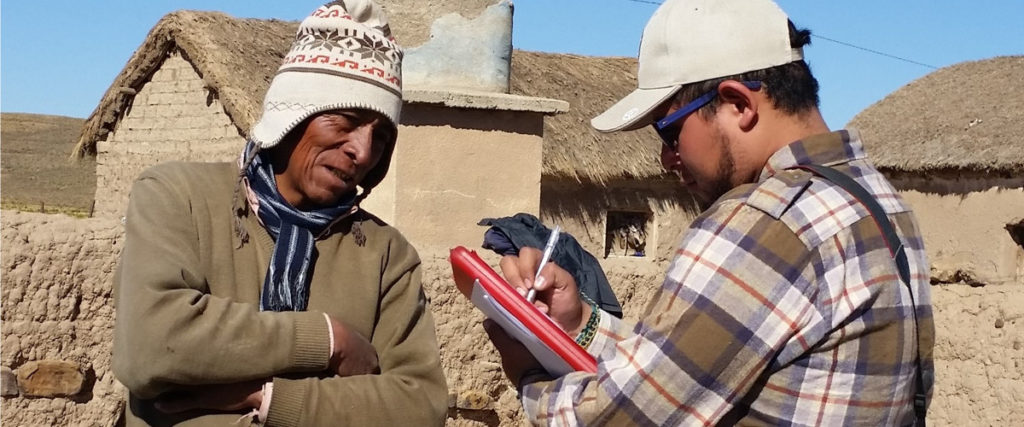Bolivia
current project
In the municipality of Sica Sica live below the poverty line
Live in extreme poverty, meaning their income cannot cover basic nutritional requirements at local prices
Out of 1000 live births. In comparison the USA rate is 5.8



Culli Culli Alto, Bolivia
Culli Cull Alto is a fairly dispersed community located in the high plateau region of Bolivia. The community spans 2 miles by 4 miles with a population of approximately 490 people of Ayamaran ethnicity. Majority of the population are farmers of quinoa and potatoes for personal consumption, barley for feed, and cattle. Most of their income comes from selling cow milk to the biggest dairy company in Bolivia, PIL, and selling live cattle for meat. There is a primary school that goes up to 6th grade in the community as well as an archeological site, Chullpas, which are ancient tombs from the Moon Era. The community hopes to someday organize tourist opportunities for additional income, but that is dependent on having a water faucet at the site.
The community identifies potable water first, then irrigation, as their principle needs. None of the families have potable water access yet though 90% were recently connected to the electrical grid. Only 10-20% of the families have any type of bathroom: simple pit latrines.A 65-meter deep well and pump installed in March 2007 for irrigation, under the sponsorship of an agreement between the Bolivian and Japanese government, is now inoperable. Majority of the residents collect water from their own personal hand-dug wells. The remaining residents use either a neighbor’s well, the river, or a water tap in a nearby city as their primary water source. For more than half of the homes surveyed during an assessment trip in September 2016, the wells dry out between the months of September and January. For others, the water level drops to 25+ meters. The community members have confirmed that during the dry season, there is not enough water for basic hygiene, much less enough for livestock, irrigation or just for washing fruits and vegetables prior to consumption.
By fixing the inoperable well to use as a potable water source and providing a system that delivers water to the community, this project will help improve the quality of life for the people of Culli Culli Alto as well as have positive indirect effects such as increasing economic activity.